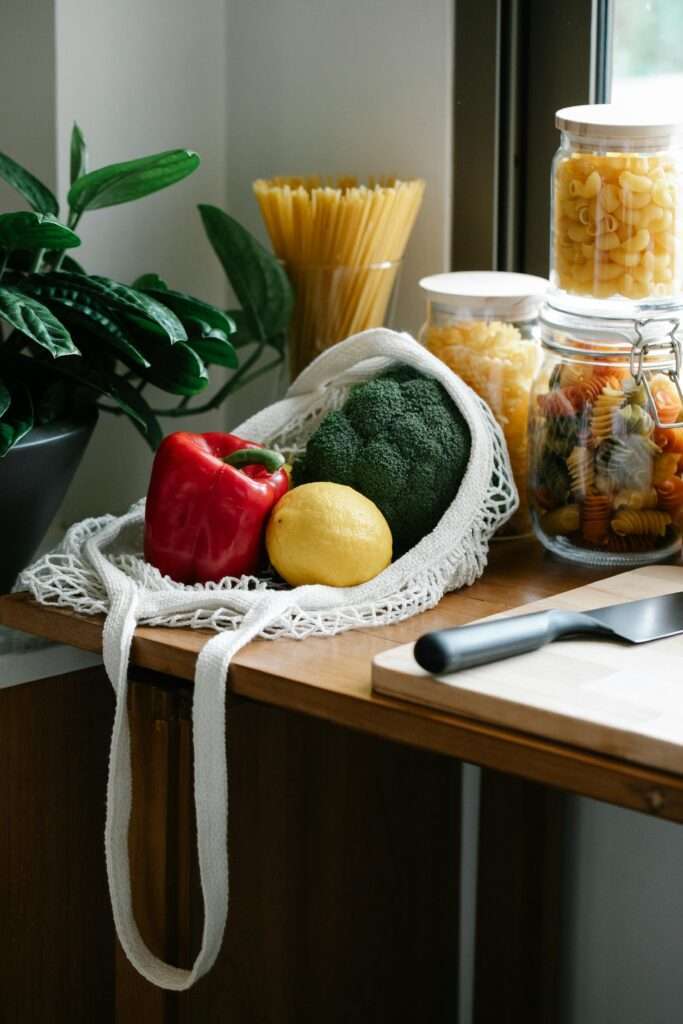Introduction
Preparing for a healthy pregnancy involves many aspects, and one crucial factor is nutrition. A well-balanced diet not only supports the mother’s health but also contributes significantly to the development and well-being of the growing baby. This article aims to provide a clear and informative guide on creating a diet plan during pregnancy, ensuring both SEO optimization and readability.
Importance of a Healthy Diet During Pregnancy
During pregnancy, the body undergoes numerous physiological changes that require increased nutrients. A balanced diet helps in:
- Supporting Fetal Growth: Essential nutrients aid in the development of the baby’s organs and overall growth.
- Maternal Health: Proper nutrition reduces the risk of pregnancy complications such as gestational diabetes and preeclampsia.
- Postpartum Recovery: A well-nourished body is better prepared for labor and delivery, as well as for recovery post childbirth.
Key Nutrients for Pregnancy

1. Folic Acid (Folate)
Folic acid is crucial in early pregnancy to prevent neural tube defects in the baby. Foods rich in folate include leafy greens, citrus fruits, beans, and fortified cereals.
2. Iron
Iron supports the increased blood volume during pregnancy and prevents anemia. Good sources include lean meats, spinach, lentils, and iron-fortified cereals.
3. Calcium
Calcium is essential for the development of the baby’s bones and teeth. Dairy products, leafy greens, and fortified plant-based milk are excellent sources.
4. Protein
Protein is vital for the growth of fetal tissue and helps with breast and uterine tissue growth during pregnancy. Lean meats, poultry, fish, eggs, beans, and nuts are rich in protein.
5. Omega-3 Fatty Acids
Omega-3s aid in the development of the baby’s brain and eyes. Sources include fatty fish (like salmon and sardines), flaxseeds, and walnuts.
Sample Diet Plan for Pregnant Women
Breakfast:
- Option 1: Whole grain toast with avocado and scrambled eggs.
- Option 2: Greek yogurt with berries and a sprinkle of nuts/seeds.
Mid-Morning Snack:
- Fresh fruit like an apple or a banana with a handful of almonds.
Lunch:
- Grilled chicken salad with mixed greens, quinoa, and a variety of colorful vegetables.
Afternoon Snack:
- Carrot sticks with hummus or whole grain crackers with cheese.
Dinner:
- Baked salmon with steamed broccoli and brown rice.
Evening Snack:
- A small bowl of low-fat cottage cheese with pineapple chunks.
Hydration During Pregnancy

Staying hydrated is crucial. Pregnant women should aim for at least 8-10 glasses of water daily. Herbal teas and fresh fruit juices (without added sugars) can also contribute to hydration.
Foods to Avoid During Pregnancy
Certain foods should be avoided or limited during pregnancy to reduce the risk of foodborne illnesses and potential harm to the baby. These include:
- Raw or undercooked meats and eggs
- Unpasteurized dairy products
- Deli meats and smoked seafood
- Excessive caffeine and alcohol
Lifestyle Tips for Healthy Pregnancy
- Regular Exercise: Consult with your healthcare provider about safe exercises during pregnancy, such as prenatal yoga or swimming.
- Adequate Rest: Ensure you get enough sleep and rest to support your body’s changes.
- Prenatal Vitamins: Take prenatal vitamins as prescribed by your doctor to supplement your diet.
Conclusion
A well-planned diet during pregnancy is crucial for both maternal and fetal health. By focusing on nutrient-rich foods and maintaining a balanced lifestyle, expecting mothers can optimize their health and ensure the best start for their babies. Consult with a healthcare provider or a registered dietitian to personalize your diet plan based on individual needs and preferences.

